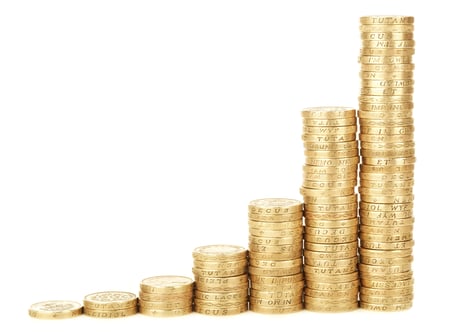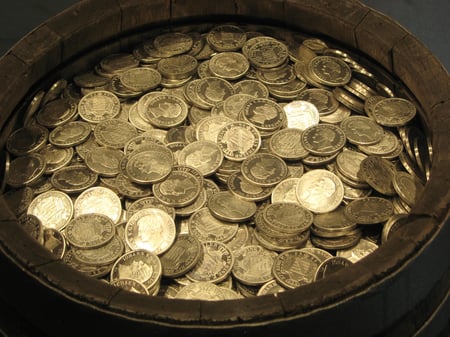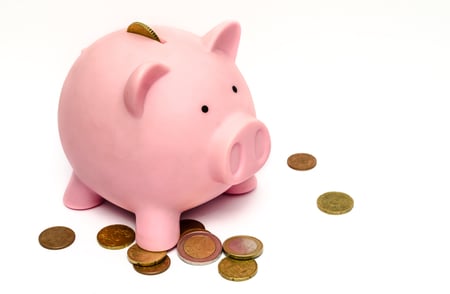

It is important to keep an emergency fund handy for when you find yourself in a financial emergency. This fund can be accessed in the event you have unexpected items to pay for, such as a hospital bill, or a car breakdown. This fund would also be accessed in the event you unexpectedly lost your job. It pays (literally) to be prepared!

An emergency fund is a lump sum of cash that can be accessed in the event of a financial emergency, such as an unexpected expense or a sudden job loss.
A rule of thumb is to save enough money to cover three to six months of living expenses in the event that you lose your job unexpectedly. This is, however, a large sum of money, so don't be disheartened if this seems unattainable. Even having a few hundred dollars in your emergency fund can be immensely helpful if you do need it. We recommend setting up an automatic transfer into your emergency fund each week or fortnight with whatever amount you can afford - even if it's just $10 a week.

It is important to keep your emergency fund separate to your everyday accounts. You do, however, want it to be easy to access in the event that your need it quickly. A good account to use is a high-interest savings account. Using this type of account will mean that your fund will accrue interest as you save, but will also be easy for you to access. Look into one of these account with your bank.
When starting your emergency fund, it does help to get as much money into it as possible. A few ways your could do this include

Beyond Debt is a trading name of DCS Group Aust Pty Ltd. Australian Credit License: 382607. RDAA Number: 1126. PO Box 3074 Newstead, QLD, 4006.
DCS Group operates under a Limited Liability scheme approved under Professional Standards Legislation